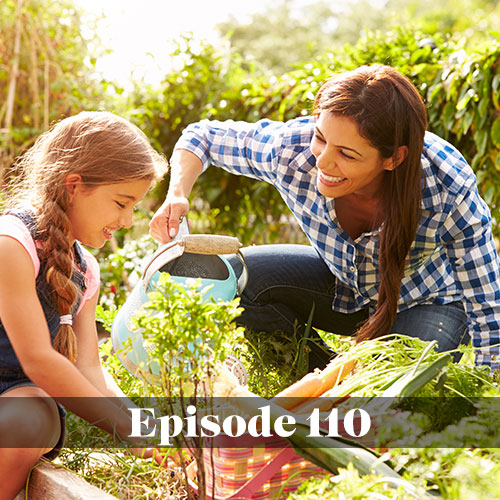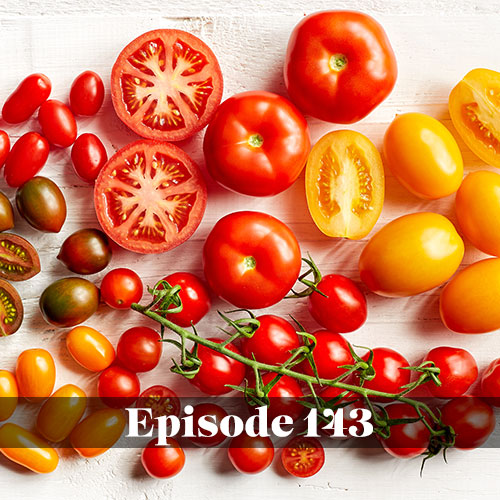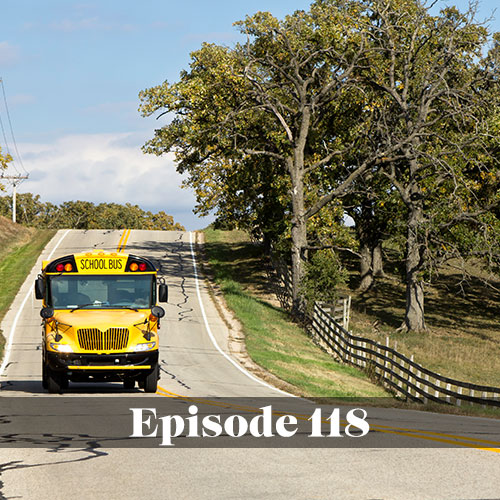In this episode, sponsored by The Ohio Small & Rural Collaborative, host Carole Dorn-Bell speaks with Bridgeport School District Superintendent Zac Shutler about the community garden they have in development. Carole and Zac discuss the unique situation that led to the garden’s creation, the partnership with a local correctional facility and what Zac hopes will happen as a result of starting a community garden.
Last year, in brainstorming ideas for new programs and initiatives, a group of teachers came up with the idea for starting a community garden. The district of about 900 students has all three academic buildings together on one campus, with large courtyards that have been underutilized.
“The staff and the teachers just really felt like we could do more with this space,” Zac says. “So that’s where the idea of the garden came in.”
They knew it wasn’t going to be an easy undertaking. Understanding all the effort that will go into removing existing landscaping and getting dirt moved, the group of teachers and staff thought to partner with the Belmont Correctional Institution. The prison already had a program through which inmates give back to the community.
“We saw it as an opportunity to reach out to partner with another local agency and to give other people a sense of meaning,” Zac tells Carole.
After the courtyard is cleared this summer, the teachers and staff will engage with students to decide what to plant. The idea is to create a sustainable environment where produce is being grown and where waste from the cafeteria can be composted.
There will of course be scientific and mathematical lessons about gardening, but also character-building opportunities.
“It’s so important to get students engaged,” Zac says. “It can’t always be about reading and then spitting out the knowledge. There has to be relevance to it.”
Patience will be among the important lessons.
“You’re not plugging in your video game and playing a game of Minecraft or Fortnite and seeing instantaneous success,” Zac says. “You’re not going to see results for weeks.”
The district sees the community garden as an avenue for a variety of leadership activities. Zac talks about how in elementary school, there are jobs such as “line leader” and “chalkboard cleaner” to teach kids about responsibility. Unfortunately, those sorts of classroom jobs fade as the students get older. Starting a community garden will create relevant work that benefits classmates and the broader community.
“We know to be successful there’s so much more to life than content,” Zac says. “There’s grit, there’s perseverance, there’s determination, there’s purpose, there’s passion.”
Got a question or topic you’d like covered in an upcoming We Love Schools podcast? Email us at info@weloveschoolspodcast.com
First time listening to We Love Schools? Learn more about our weekly podcast.
Interested in learning more about how the Allerton Hill Communications team can help your school with communications? Contact us today.






